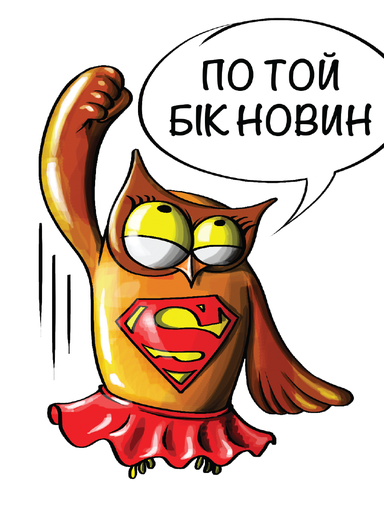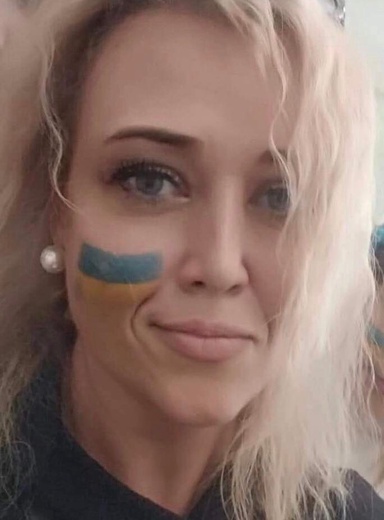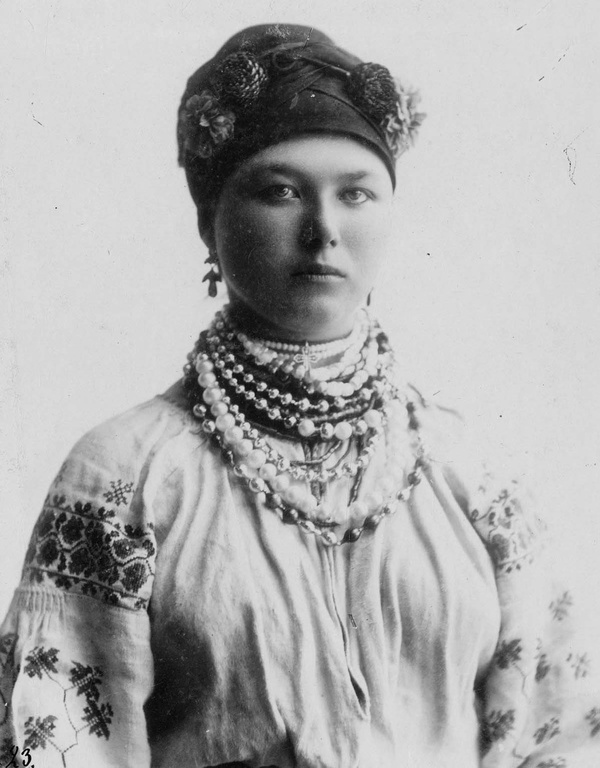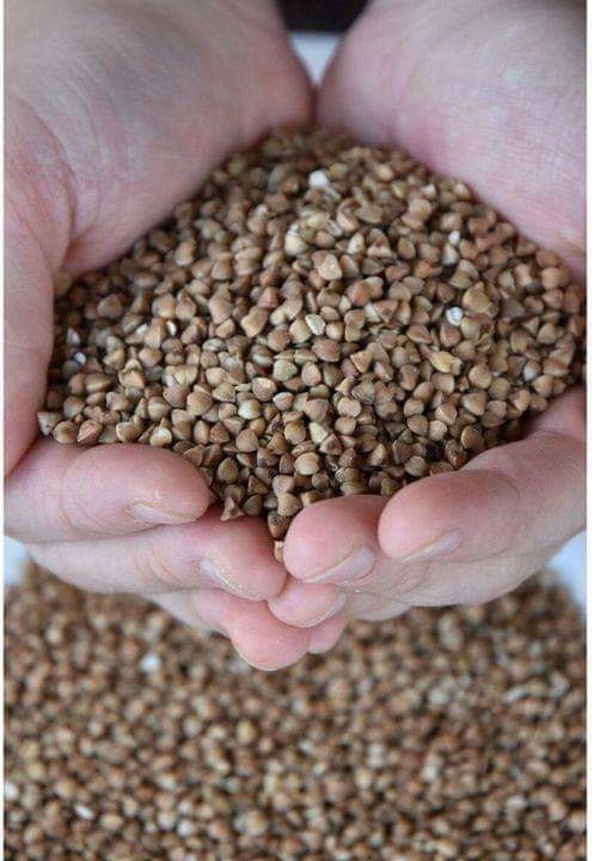How scammers exploit fake photos of children to deceive and extract money

The Facebook group, which we strongly advise against visiting, boasts more than 156,000 followers. It falls into the category of communities that share cards and greetings. Given that anyone can contribute, the content is a wild mix of prayers, religious artwork, recipes, weight loss tips, and even nude images.
We would have overlooked this community if it weren’t for one “but”: within this colorful content, numerous posts emerge that feature stolen photographs of critically ill children in intensive care, accompanied by pleas for assistance. The wording of these posts is remarkably similar, with some even being verbatim copies. Generally, they provide nothing more than the account number to which aid can be transferred. Additionally, the profiles of these so-called “volunteers” or “parents” appear to be automated bots. Regrettably, individuals who possess a deep sense of empathy towards the misfortunes of others often share such content, thus propagating fake news far beyond the confines of this group.
Among the recent posts, one particularly stands out: a plea to donate funds for the alleged treatment of little Serhiy, a young boy with brain cancer. The scammers claim that the child is experiencing a relapse of the illness. The post even includes the account number of the purported mother. Through a Google search, we managed to trace the original source of the photograph and discovered that it belongs to Krzyś, a two-year-old boy from Ińsko, Poland, who was diagnosed with neuroblastoma. His story has been covered by Infoludek.pl.
The next example is an appeal seeking assistance in raising 65,000 UAH for the rehabilitation of a premature baby who purportedly arrived at 33 weeks of pregnancy and needs complex surgery. The post features a rather shocking image. A Google search for the photo revealed that this child was actually born in India at 23 weeks of pregnancy. The British newspaper Express covered the story, with an article titled “Premature baby born 14 weeks prematurely is one of the smallest to survive abdominal surgery”. The post was initially shared in February, receiving 394 likes, 200 re-posts, and 300 comments.
Similarly, we discovered another identical post concerning Sasha, who was also “attacked by cancer”. The card allegedly depicts the mother and requests funds for treatment in Barcelona. However, the child depicted in the photograph is once again from Poland. On the siepomaga.pl portal, which collects aid for sick children, there is a photo of a boy. His name is not Sasha, but little Piotrek, and he underwent cancer treatment in Barcelona. This post was shared just two days ago and has since garnered 11 re-posts, 134 likes, and 112 comments.
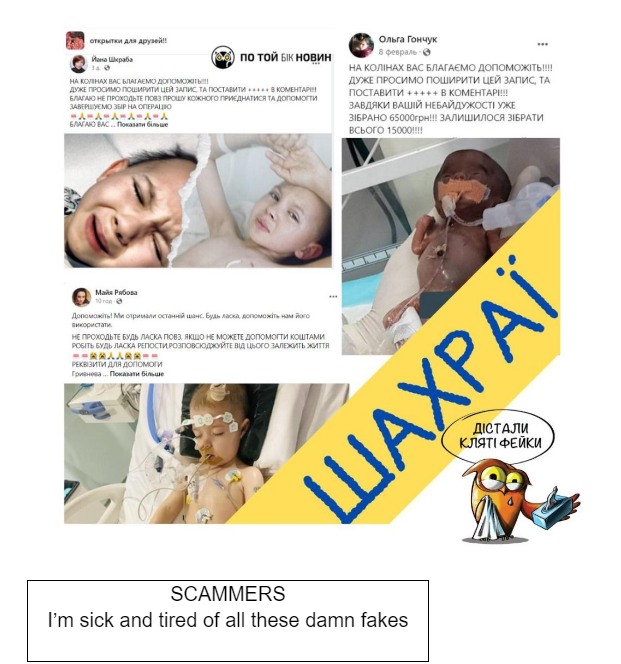
One of these posts was shared on Facebook by a university teacher in Kyiv. Although she’s not a member of any dubious communities, one of her friends re-posted a post about a sick child, and she came across it in her news feed. She attributes her uncritical response to the fake post to the fact that she has a young child of her own, causing her to react impulsively.
As a reminder, here are the most common indicators of online fraud masquerading as charitable fundraising:
- The post focuses on evoking feelings of regret and guilt. The text is frequently written in uppercase letters, accompanied by numerous exclamation marks and emojis.
- The scammer provides unofficial communication channels, such as personal phone numbers and bank card details.
- There’s no mention of official representatives from legitimate volunteer communities.
- The amounts of raised funds are stated without any means of calculation, such as crowdfunding platforms or Patreon checks. The scammer’s page looks like a fake. Multiple appeals for help with identical text can be found, while the child’s photo and name differ each time


